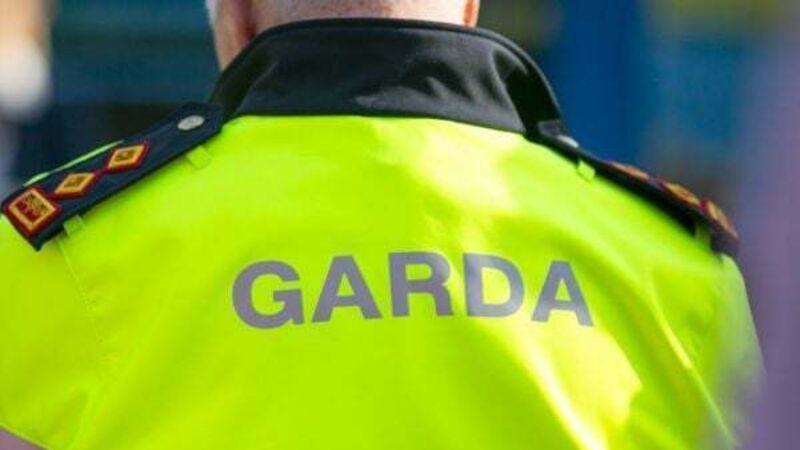Almost 60 gardaí forced to retire due to medical reasons in past four years

Ken Foxe
Nearly 60 members of An Garda Síochána have been forced into retirement for medical reasons over the past four years with cases involving physical injuries suffered in the line of duty, serious mental health issues, and other long-term illnesses.
Gardaí said the number of officers medically discharged from the force last year was 24, by far the highest number since 2020 when seven had no option but to leave their job for health reasons.
Altogether, 57 members were left with no choice except to depart on medical grounds in the period between 2020 and 2023, according to figures released under FOI by An Garda.
18 members were medically discharged in 2022 while just six left in 2021.
Gardaí also said they had paid out more than €2.7 million in temporary rehabilitation remuneration (TRR) over the past four years.
This is a payment made to officers when they have exceeded their normal sick leave levels but where there is a “realistic prospect” they will be able to return to duty if given extra time.
Payments of TRR totalled €932,359 last year, again significantly higher than in the three years prior.
The figure for 2022 was just over €781,000. In 2021, it was almost €300,000 while in 2020, the level of payment made was just short of €700,000.
An Garda Síochána said the welfare of all staff was of absolute paramount importance to them with clear policy and guidelines for dealing with illnesses, both short and long-term.
They said every effort was made to help employees suffering from a medical condition to continue in their employment once fit to do so, including in a reduced capacity.
A statement said: “The Chief Medical Officer further refers members, in particular with long term illness, critical illness or serious injury on duty, to external medical consultants [and] experts as and when required.”
An Garda said temporary rehabilitation remuneration was paid to garda members and staff when there was a reasonable chance of them being able to return to work and deliver “regular and effective service”.
A statement said: “The medical advice of the Chief Medical Officer will be considered when making such a determination.
"Exceptions to these regulations may apply where a garda member is injured in the course of duty, in which cases full pay might be extended, determined on a case by case basis.”
Gardaí said that unfortunately there were cases where employees could not return to work and there was no realistic prospect of them returning to duty.
“In these cases where either resignation, early retirement or medical discharge is inevitable, [we work] with that employee and provide support in managing their departure,” they said.









